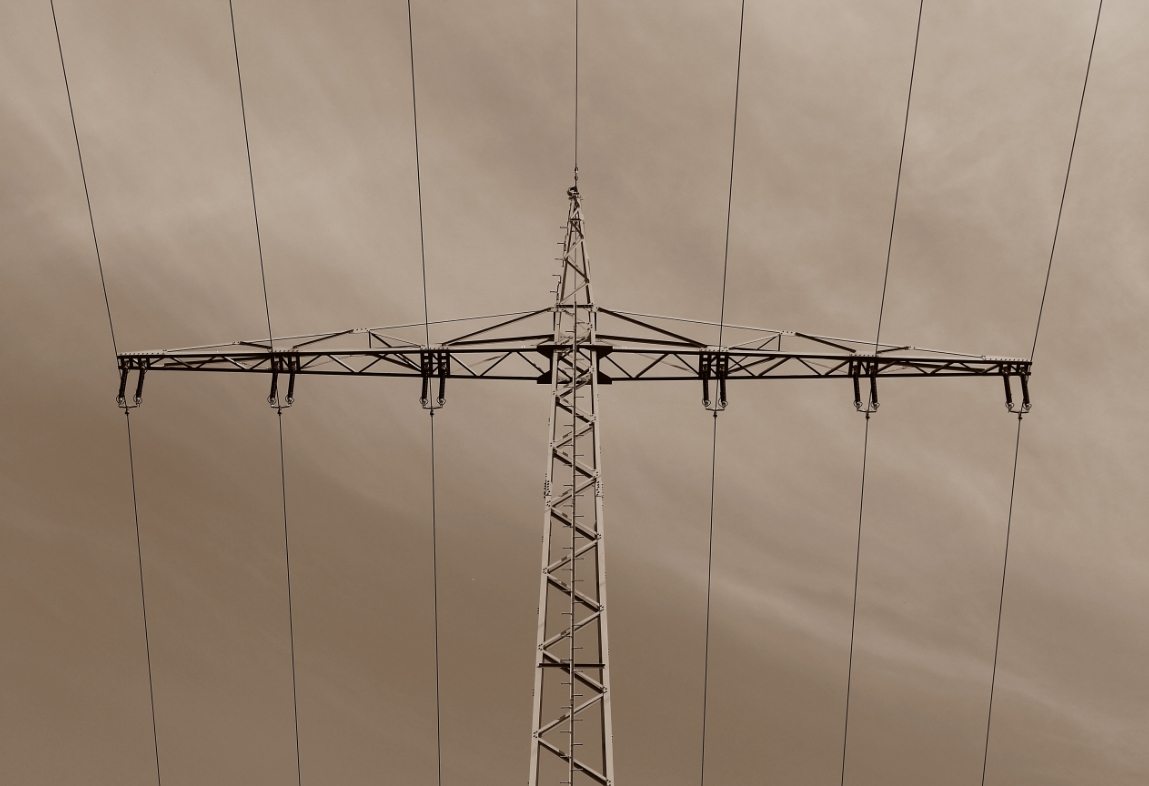Current Burning Permissions
Open burning—or burning outdoors—is allowed when the wildfire risk is low and can be a useful tool when conducted responsibly. Open burning includes Category 1 campfire, Category 2 and Category 3 open fire.
Power outages can occur at any time in any season. Wind, lightning, snow, motor vehicle accidents, and animals are all everyday causes of power outages in BC. It is important to be prepared before, during, and after a power outage.
If you are experiencing a power outage you can check for updates from BC Hydro on their Outage map. If your outage isn’t shown, call 1-800-BCHYDRO (1-800-224-9376), dial *HYDRO (*49376) on your mobile, or report it online.

